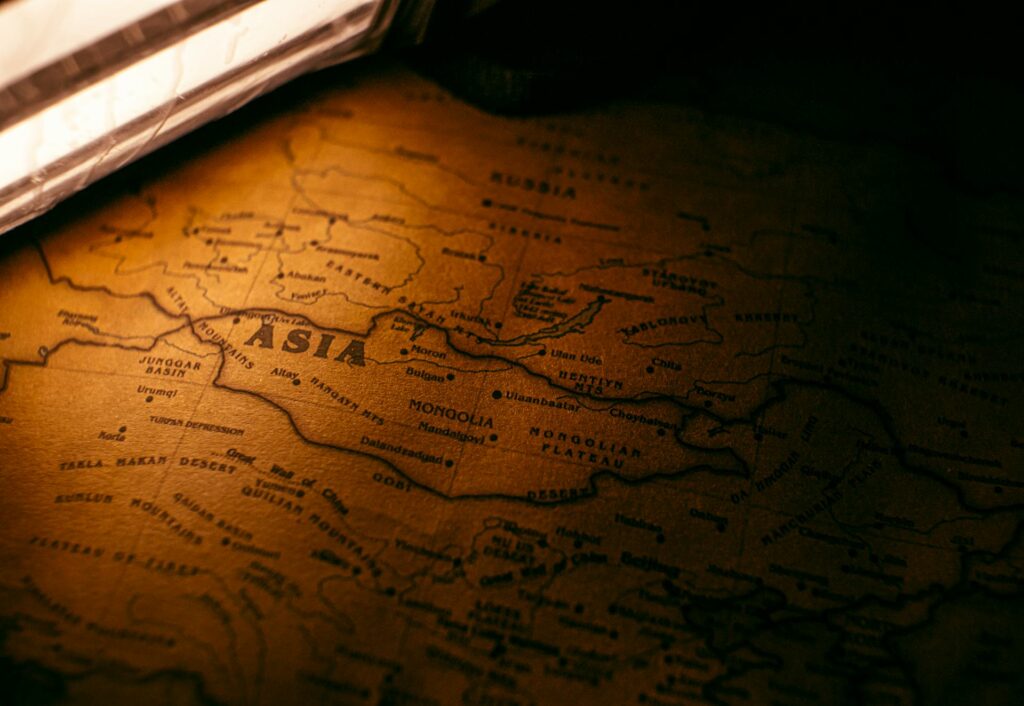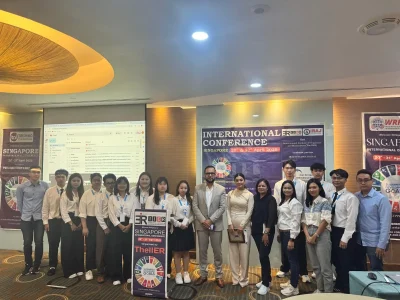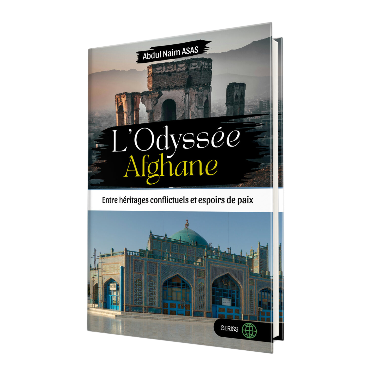Regional Focus
- Regional Focus

REGIONAL FOCUS
Regional Focus in Global Geopolitics
- Afghanistan: Geopolitical dynamics, governance, and historical studies
- Pakistan: Cross-border relations, security, and trade with Afghanistan
- Iran: Regional influence and its relations with Afghanistan and Syria
- China and Central Asia: Regional connectivity and Belt and Road Initiative
- Syria: Post-conflict reconstruction, diplomacy, and global involvement
- Armenia and Azerbaijan: Geopolitical analysis of the Nagorno-Karabakh conflict and their roles in the Caucasus region
- Comparative analysis of these regions in global geopolitics
Afghanistan
Afghanistan lies at the crossroads of South and Central Asia, making it a pivotal player in regional politics and trade. Its governance has long been influenced by tribal structures, ethnic diversity, and historical legacies of conflict. Despite persistent instability, global powers continue to view Afghanistan as a key to regional security and balance. Fragile governance and external interventions have limited economic growth, yet the country’s position offers potential for connectivity projects. With its role in historic and modern trade routes, Afghanistan holds strategic importance far beyond its borders. Stability in Afghanistan is not only vital for its people but also for peace across the region.


Pakistan
Pakistan serves as a strategic bridge between South Asia, Central Asia, and the Middle East, a position that amplifies its role in trade, diplomacy, and security. Its relations with Afghanistan continue to influence cross-border policies and regional stability. Through the China-Pakistan Economic Corridor (CPEC), the country has strengthened its position within the Belt and Road Initiative. However, internal security concerns and shifting global dynamics pose ongoing challenges. Pakistan’s strategic choices often involve balancing rivalries and alliances in a complex geopolitical environment. Its ability to leverage trade corridors and diplomatic influence will shape its future role. Ultimately, Pakistan’s path depends on managing pressures while seizing emerging opportunities.
Iran
Iran has positioned itself as a regional power with influence that extends beyond its borders into South Asia and the Middle East. Its policies intertwine with developments in Afghanistan and Syria, reflecting its role in shaping regional security. Energy diplomacy and cultural ties allow Iran to exert soft and hard power across its neighborhood. At the same time, international sanctions and external pressures continue to shape its economy and foreign policy decisions. Despite challenges, Iran remains central in conflicts and negotiations involving regional stability. Balancing historical traditions with modern strategic goals, it consistently seeks to project influence. This ambition keeps Iran at the forefront of geopolitical developments.


China and Central Asia
China’s growing role in Central Asia has been defined largely by trade, infrastructure, and strategic connectivity. The Belt and Road Initiative has transformed the region into a vital link between Asia and Europe. Central Asian states benefit from Chinese investments in transport, energy, and infrastructure, though they also remain cautious about dependency. This relationship has enhanced China’s influence while reshaping local economies and foreign policies. The region, historically a crossroads of civilizations, is now becoming a cornerstone of global trade networks. By investing heavily in long-term projects, China strengthens its role as a dominant external actor. Central Asia, in turn, navigates between opportunity and sovereignty.
Syria
Syria has emerged as one of the most significant battlegrounds for global and regional powers in the 21st century. Years of civil war have devastated infrastructure, society, and governance, making reconstruction a daunting challenge. Despite these struggles, Syria remains strategically central to Middle Eastern politics. Competing regional actors, alongside international powers, have turned Syria into a stage for influence and alliances. Its importance lies not only in territorial control but also in shaping future diplomatic arrangements in the region. The Syrian people, however, continue to bear the greatest cost of conflict. The country’s future will play a decisive role in regional peace and security.


Armenia and Azerbaijan
The Armenia-Azerbaijan conflict reflects deep-rooted historical, cultural, and territorial disputes that continue to shape the Caucasus. The contested Nagorno-Karabakh region has been the center of repeated wars and fragile ceasefires. Armenia emphasizes its cultural identity and historical claims, while Azerbaijan uses its energy wealth to strengthen military and diplomatic positions. Global powers often intervene, adding complexity to an already tense rivalry. Both countries aspire to assert their influence within the Caucasus while maintaining ties with external allies. Although peace agreements are attempted, trust remains fragile and uncertainty persists. The conflict continues to define the political and security landscape of the region.
BOOKS I OFFER
Authored and recommended books on Afghanistan, its neighbors, Armenia, Azerbaijan, and Syria.
CONFERENCE GALLERY
Conference on Peace and Geopolitics
A platform for dialogue on Afghanistan, the Middle East, and the Caucasus. Scholars and policymakers share insights on conflict resolution and cooperation.









